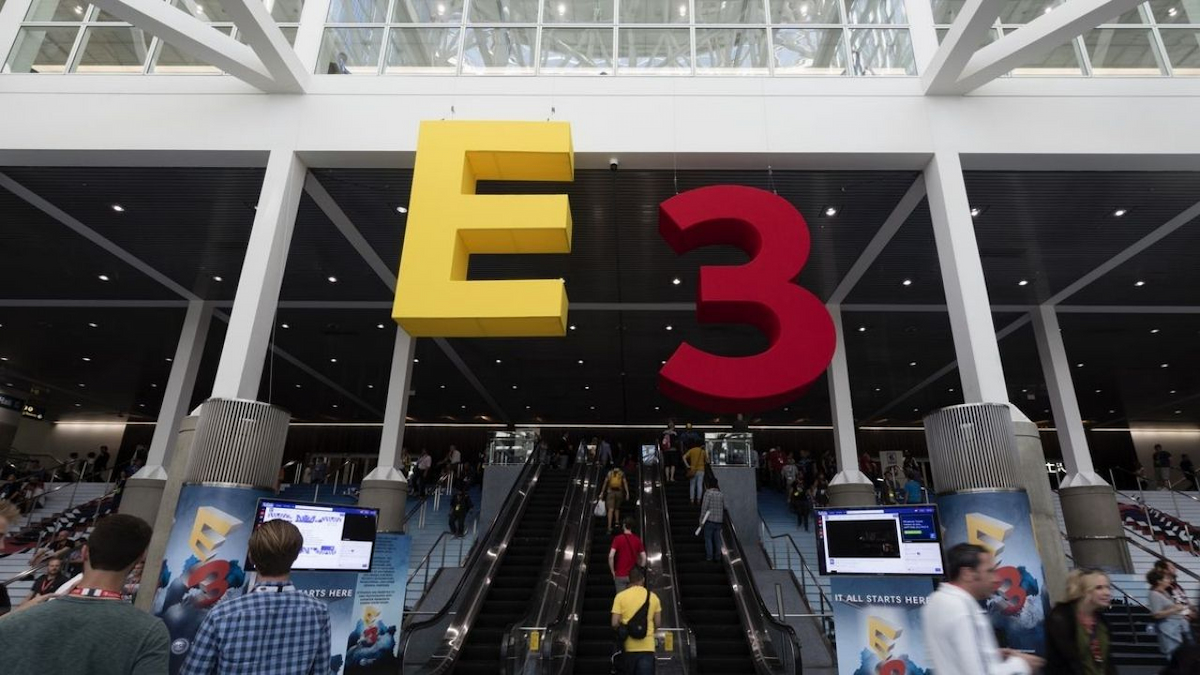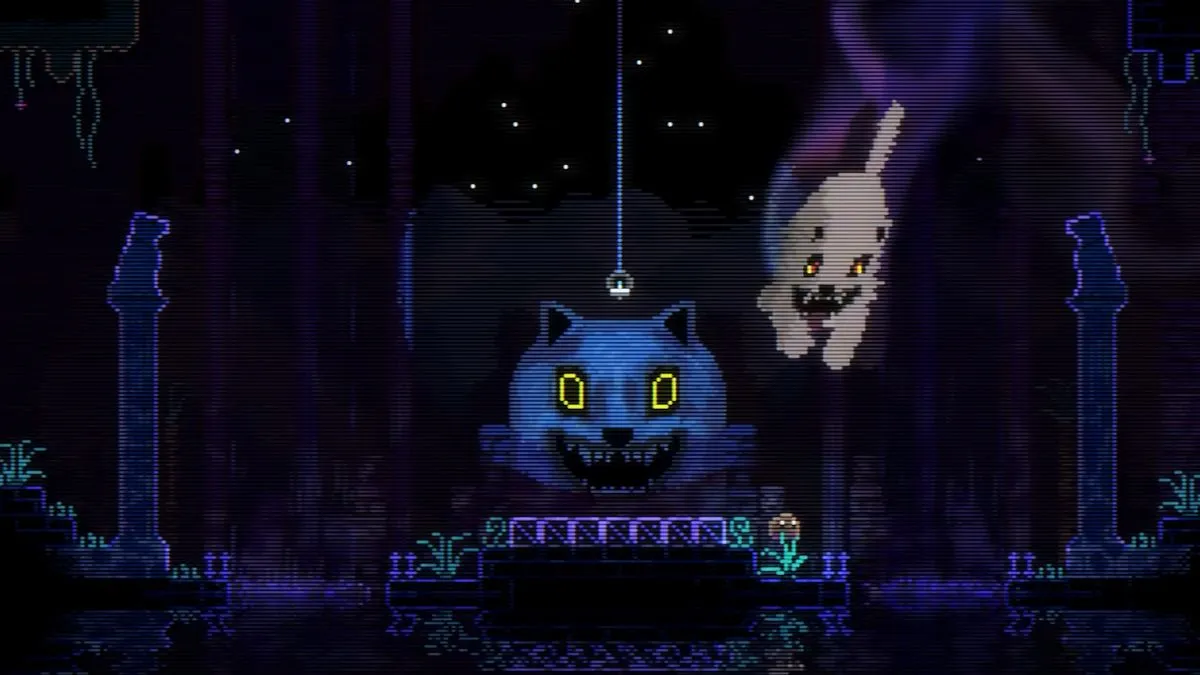It’s really hard not to have some degree of reverence for E3. For those who grew up with games being streamed and broadcast, it was the big show. It was the place where the biggest reveals of the year happened. And now, it is dead.
That’s dramatic, I know. But in all seriousness, the ESA has officially declared E3 done. After more than two decades, the show will cease to exist, following several canceled or online-only years, and a broken partnership with PAX organizer ReedPop. (Disclosure: I used to work under ReedPop, at the now-shuttered USgamer.)
Frankly, this was the death knell we all knew would toll. It’s easy to point at the COVID-19 pandemic as part of the problem, and it was. But speaking as someone who attended E3 2019, the decline was already visible.
For context, I only attended three E3 events: in 2015, 2016, and 2019. Each year felt drastically different in their own ways, though the gap between ’16 and ’19 was noticeable. A lot more was being sold on the show floor, for one thing, reflecting the increasingly consumer-focused lean for an otherwise industry event.
This is normally the part where some might celebrate the collapse of what wasn’t working, and laud whatever comes next. Out with the old, in with the new. But in the wake of this confirmation, I’m left wondering what we’ve left behind, and what any road ahead looks like.
A flag in the ground
E3 was, for many years, that one show everyone had on their mind. It was where the biggest reveals would happen. New games, like Final Fantasy VII Remake and Halo 2, would debut. Heck, this was where the actual consoles were fully detailed and shown for the first time. I’m sure for the developers of these games, it felt like the culmination of a lot of hard days’ work, putting these massive reveals together and finally showing them off.
There’s some wild history that crops up, just through conferences alone. Sony would make waves with its price point for the first PlayStation in 1995, then again with its PlayStation 4 presentation in 2013. Maybe it’s because these moments took place on a stage, with big screens, lights, music, and pageantry, that they feel like grander gestures than a price point reveal normally should.
Of course, it’s not just about the fuel for console wars and conference comparisons. It was also about taking that same stage, that same place that would connotate prestige and reverence, and seeing the absolutely wildest shit happen.
The Wii Music presentation. The “bam, there it is” Kinect showcase. Really, every single waking, bonkers moment of Konami’s E3 2010 press conference. At its greatest heights, E3 could feel like a magnificent show; at its lowest, like watching a bad improv show. It was beautiful for the highs, lows, and the incredible breadth that it could span in-between.
These moments became part of the general culture, to the point that E3’s impact on culture around gaming needs to be emphasized. People like Reggie Fils Aimé and Ikumi Nakamura became well-known names for the average viewer.
And that was part of the draw, right? Put the industry in front of the consumer. People at home get to watch, as a cavalcade of new and interesting things gets put in front of them. Sure, it’s marketing. And at least some notable moments were later unveiled to be either smoke and mirrors, or technology that never really panned out for consumer use. But it’s also a moment in time where everything came together.
The made-it moment
When I talk about E3, I have to acknowledge my own perspective too. I’d watch it on streams, even before I had aspirations of “making it” in the industry. And when I got to go my first event, it was a huge moment. It was, in many ways, validating.
To use an extremely blunt comparison, it was like the first time I worked a college football game as a camera op. There’s a tangible, electric energy in being around other industry people as the hive buzzes. Everyone is active and working. People from around the world are converging in one place, to do one thing. It’s an espresso’s worth of adrenaline.
And feeling like you’re there, doing the same work, taking part in this big, grandiose event in your own way? It never got old. And it’s not really the same rush I get working a PAX or a low-key preview tour opportunity.
But more than that, it was a convergence point for the industry. I’ve already discussed what that meant for the viewer at home. For those in person, though, it adds an element. This was where people could network and meet. Collaboration thrives in that environment. As much as E3 was a consumer-facing preview of games to come, it was also a show for the industry; business room meetings were taking place just a short walk from the conference halls. If you wanted to interview the big minds behind the newest games, those opportunities were available.
For new talent coming into the industry, these opportunities were precious. It was a chance to do the work, be seen doing so, and meet others in the industry. I can really just speak for myself in this situation, but I know that being at shows like E3 helped me gain connections and climb up just a bit further. And it’s something I’d want others to have a chance at, too.
The future
So E3 was validating, grandiose, hilarious. It was a spectacle, and now it is no more. The question becomes, what takes its place?
Fortunately, we already have a solid look at that answer. This year’s combination of Summer Game Fest and The Game Awards seems like the outlets that many of the big names have moved to. A biannual trailer fest, and one has an awards show bolted onto it.
While I already voiced concerns around The Game Awards, I will say that Summer Game Fest offers something a bit more interesting. It’s not quite as big or over-the-top as the E3 show floor, but frankly, it really shouldn’t be. Fun as it was to see a marching jazz band jaunt around the halls for Mafia 3, I prefer a smaller-scale industry event.
But outside the Keighley-run events, it feels like everything is shifting to disparate corners. More streams and showcases are the norm, propped up by Nintendo’s huge success with Directs and the adaptations made during the pandemic years. Companies feel a bit more assured in announcing their news on their own terms, and their own channels, rather than holding onto it.
I’d hope that some of the access doesn’t fade, amid all this. Nor the spectacle, or ridiculousness. Sometimes I think the industry, or at least facets of it, are a little too concerned with secrecy and legitimacy. There’s so much value in being able to hear from developers about their games, and putting them on stages to share the news. We all love the Keanu “breathtaking” moment for Cyberpunk, but I also love when devs wear their hearts on their sleeves.
As for E3, I’ll miss the spectacle but I won’t miss the excess. It’s sad to lose such a convergence point of culture, news, and industry, but hopefully the structures that build out of this fall can offer something new, different, maybe even better. For everything else, we’ll always have Wii Music.





Published: Dec 12, 2023 03:48 pm